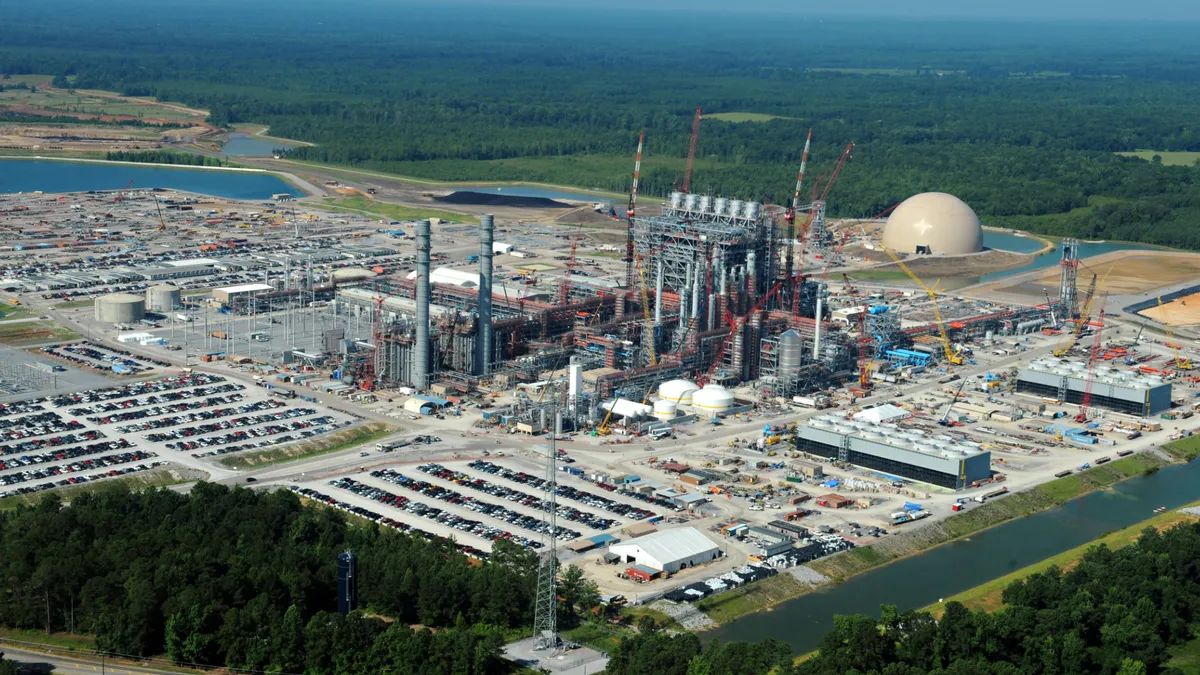Dive Brief:
-
U.S Secretary of Energy Rick Perry has announced about $36 million of financial assistance for advanced carbon capture technologies.
-
The majority of the funding opportunity, $30 million, is slated for projects to increase carbon capture technology to engineering scale at existing host sites, with the rest slated to bring a post-combustion carbon dioxide capture system up to commercial scale.
- The funding comes from the Design and Testing of Advanced Carbon Capture Technologies program of the Department of Energy’s Office of Fossil Energy.
Dive Insight:
Achieving cost-effective commercial scale carbon capture technology is a primary goal for proponents of 'clean coal' technology, with the resource a key part of the Trump administration’s energy policy.
While it is technically possible to capture CO2 emissions and to sequester them, to date it has been much harder to make that technology work at commercial scale.
The only full fledged carbon capture and sequestration (CCS) project to move close to operation has been the Kemper integrated gasification combined cycle (IGCC) project undertaken, and recently cancelled, by Mississippi Power.
The utility was not able to get the two gasifiers on the 585 MW project to work, even after spending $7.5 billion on a project that was originally budgeted at about $4 billion. The project is now going to be operated as a gas-fired plant, and the utility is working out a settlement with state regulators.
Another CCS project has had success — NRG Energy’s Petra Nova plant in Texas. That project, like Kemper, was a recipient of DOE funding. But it was on a much smaller scale, was added to an existing power plant and did not require gasifier technology. However, the project relies on the economics of oil and while NRG is bullish on the technology, it has said it would not pursue another CCS project at current oil prices.
In 2008, the DOE funded another clean coal project, FutureGen. The project was originally budgeted at $1 billion and called for a zero emissions coal plant. The scope of the project went through several iterations, but was eventually cancelled.
“Carbon capture technologies are one of the most effective ways we can continue to leverage the sustainability of our Nation’s fossil fuel resources while advancing environmental stewardship,” Perry said in a statement.













